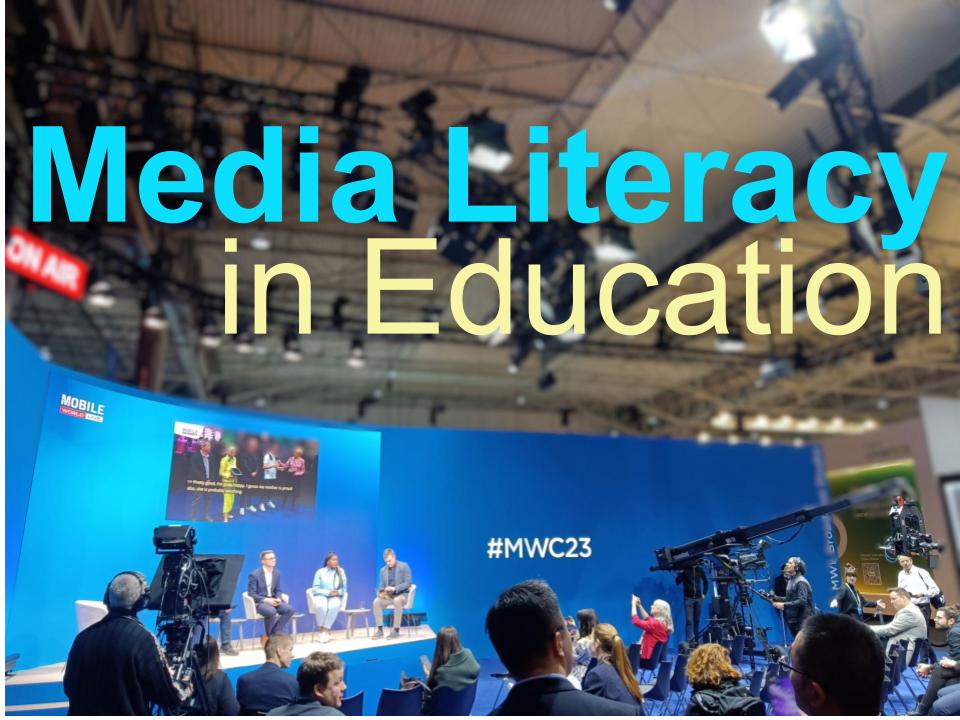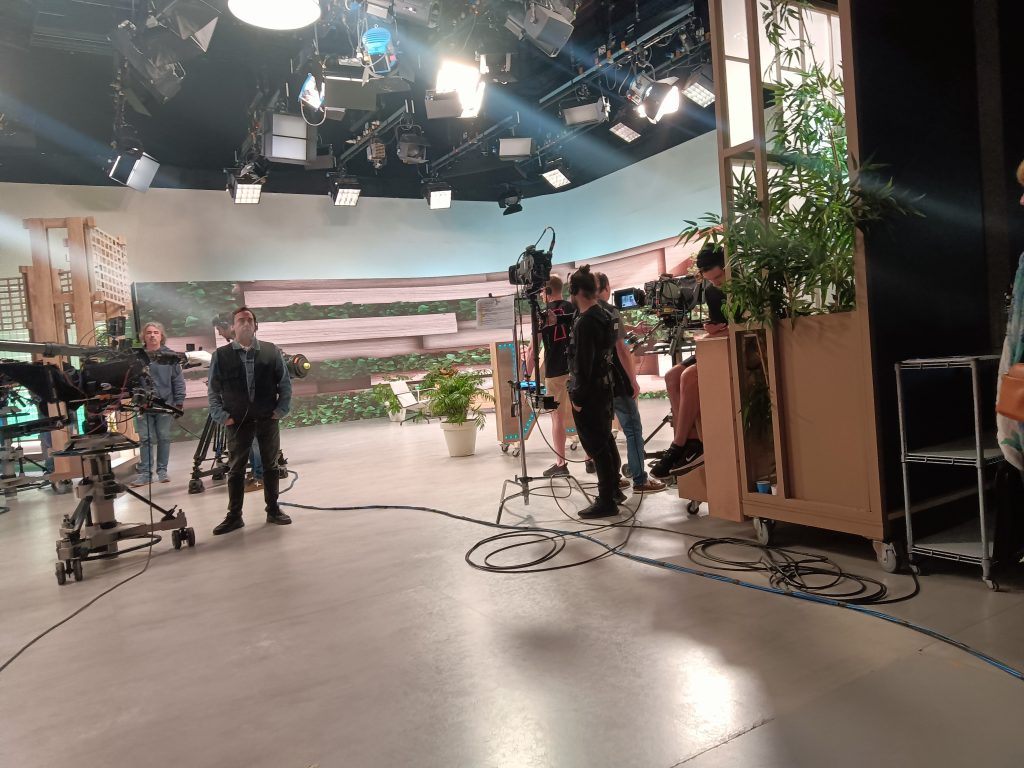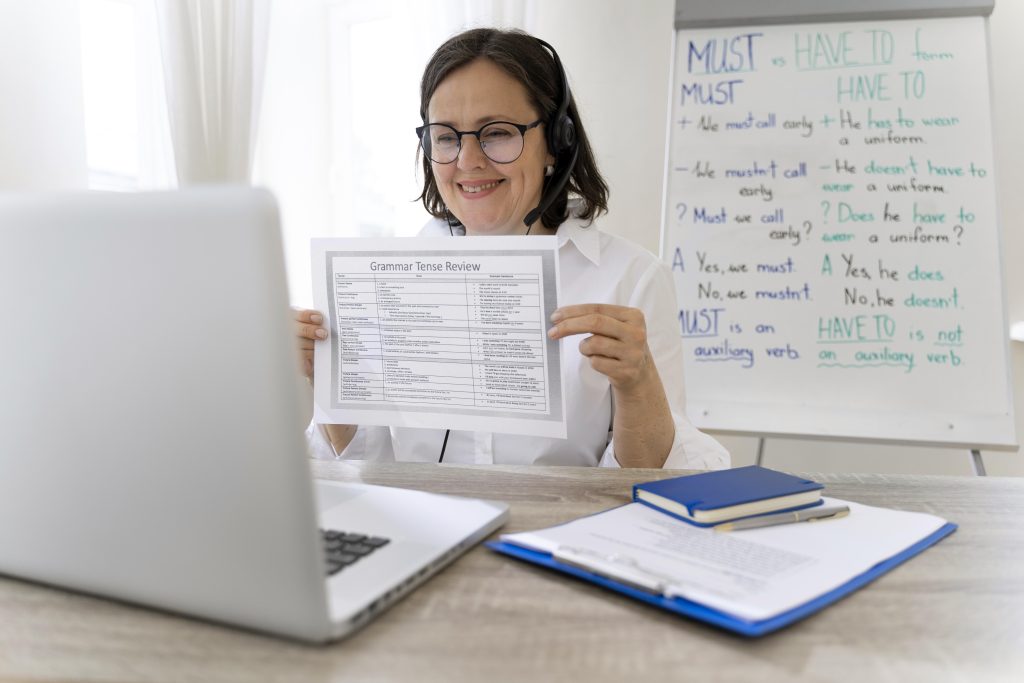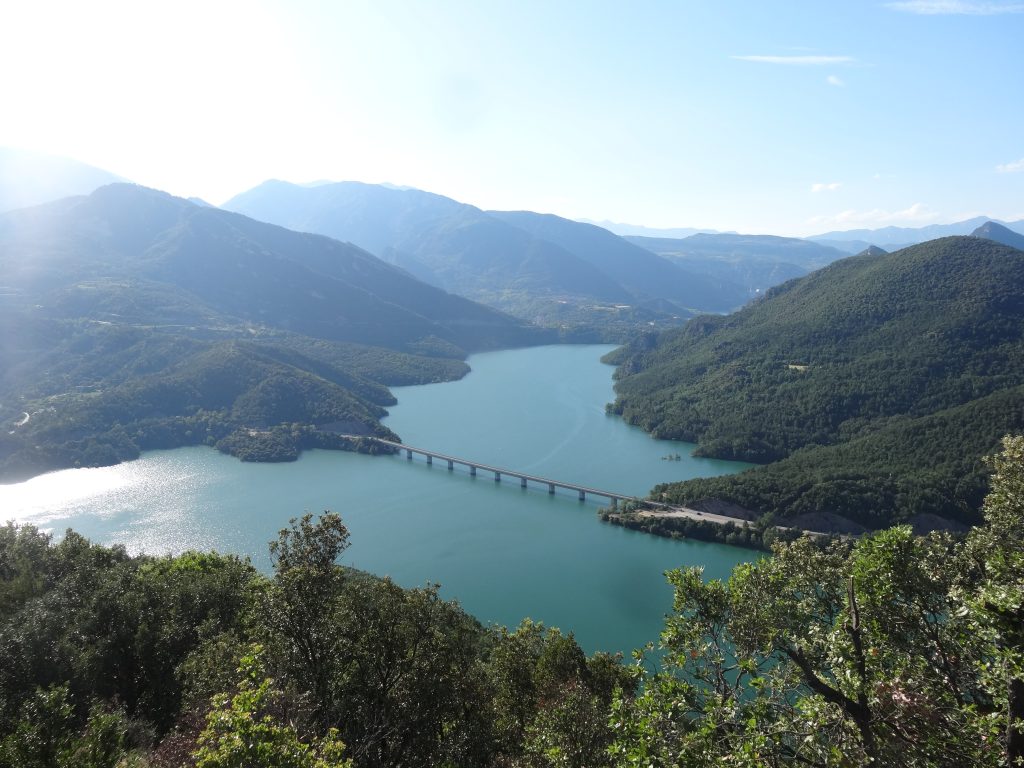In a world flooded with information, media literacy is no longer optional — it’s essential.
This course empowers in-service teachers with the tools to help their pupils to critically navigate news, social media, and digital content. Participants will learn how to identify misinformation, foster critical thinking in the classroom, and guide students to become responsible, informed media users. Through hands-on activities, case studies, and collaborative discussions, you’ll gain practical strategies to integrate media literacy into any subject area.

📍 Venue: Barcelona
🗓️ 3 days onsite
🖥️ 2 sessions online 📶 All levels 📘 3 modules
🧑🎓 max. 10 students
🪙 Prize: 300 euro / participant
Dates: 25-27 March 2024 · 12-14 August 2024 · 19-23 August 2024
(NOTE: Small changes in course contents can take place as artificial intelligence is a fast-pace evolving technology, end programme will be released in the infopack)
Learn to decode today’s media landscape. This course equips in-service teachers with practical tools to spot misinformation, teach critical thinking, and foster responsible media use in the classroom.
About
Methodology.
This course promotes critical thinking, inquiry-based learning, and active reflection to help teachers analyze and teach media effectively. It fosters digital citizenship, encourages collaborative learning, and emphasizes real-world relevance and cross-curricular application.
Objectives.
- Develop the ability to critically analyze media content and recognize misinformation, bias, and manipulation techniques.
- Design and implement classroom activities that promote media literacy and digital citizenship among students.
- Integrate media literacy across subjects using practical, inquiry-based strategies adapted to different age groups.
Alignment with Erasmus+ priorities.
- Promoting Digital Transformation. The course strengthens teachers’ digital competences and supports the meaningful integration of media and digital tools in education, in line with the Digital Education Action Plan.
- Fostering Democratic Values and Critical Thinking. By addressing misinformation, media bias, and online manipulation, the course promotes democratic values, and critical thinking, helping learners navigate information responsibly.
- Empowering Educators. It supports continuous professional development by equipping teachers with up-to-date tools and methodologies to foster media literacy and digital citizenship in the classroom.
- Combating Disinformation. The course directly contributes to EU efforts to counter disinformation and harmful online content by preparing teachers to recognize and respond to such issues with their students.
Target.
Secondary school educators.
Fee includes.
Small materials, transfer and visit to public TV broadcaster, 3 coffee breaks, 1 dinner and cultural activity.
Certification.
Europass and certificate.
Modules

Module 1: Understanding the Media Landscape
This module introduces participants to the current media ecosystem, focusing on how media messages are created, framed, and distributed across various platforms such as news outlets, social media, and influencer content. Teachers will explore the intentions behind media production, the influence of ownership and algorithms, and the psychological impact of digital consumption. Through hands-on analysis of real and fake news, clickbait headlines, and deepfake examples, participants will learn to identify bias, misinformation, and manipulation techniques.

Module 2. Developing Critical and Responsible Media Users
Teachers will explore strategies to foster media literacy and responsible digital citizenship among students. Participants will learn how to guide learners in evaluating sources, questioning narratives, and recognizing harmful content such as stereotypes, online hate, and propaganda. Attention will be given to the social impact of media on identity, representation, and self-image, as well as the ethical aspects of online behavior, privacy, and digital footprints..

Module 3. Integrating Media Literacy into Everyday Teaching
The module includes guidance on developing cross-curricular lessons, using collaborative digital tools, and engaging students in media creation projects. Participants will design their own media literacy activity tailored to their teaching context, receive peer feedback, and present their ideas for constructive review. The course concludes with strategies for reflection, assessment, and sustainable implementation.